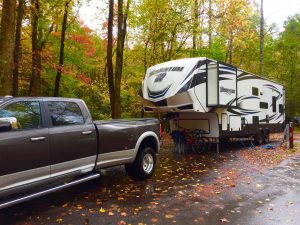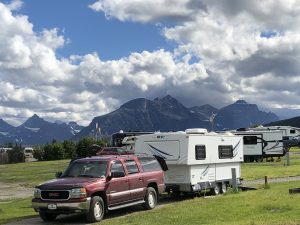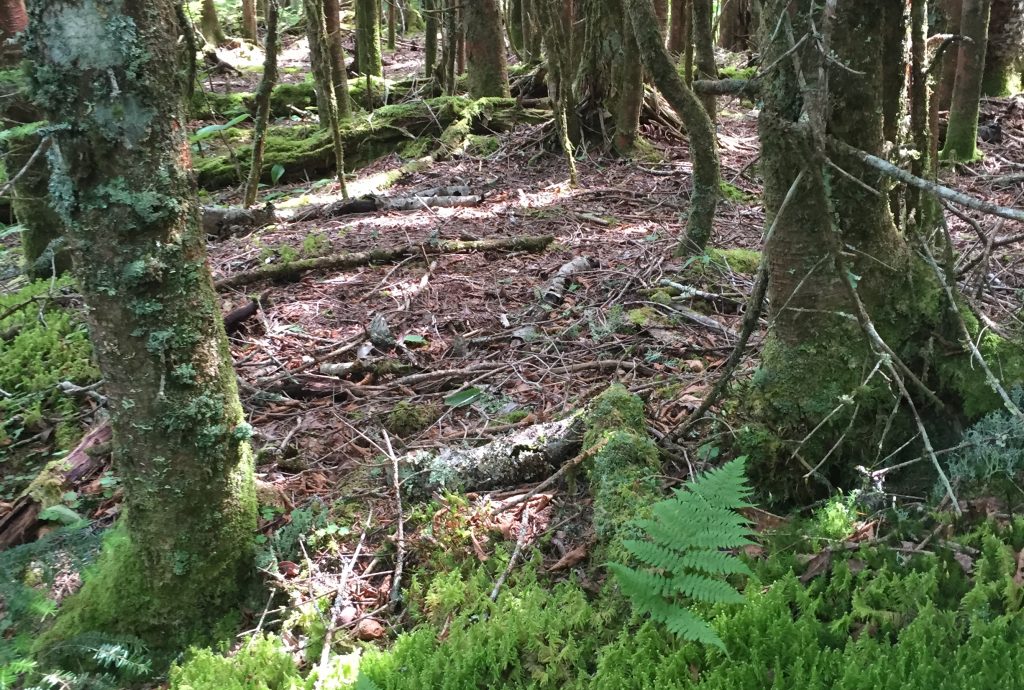
Camp to increase stewardship. Because camping often occurs in highly sensitive and ecologically fragile environments, it increases our awareness of our impact on these areas. More than this, it can also help strengthen our resolve to defend and protect them.
Chris & Mac
We outventure to help you outventure!
Support Grey Otter Outventures!
Please help us continue to bring you great content:
Camp to increase stewardship. Because camping often occurs in highly sensitive and ecologically fragile environments, it increases our awareness of our impact on these areas. More than this, it can also help strengthen our resolve to defend and protect them.
CAMPING STEWARDSHIP: WITNESS TO WASTE
Clean water is a precious commodity. We are keenly aware of this when we go camping. We either gather water from a common source to bring back to our campsite, or we trek back and forth to the spigot at the edge of the campsite every time we need some water. Each trip, and each filled container reminds us of the quantities we are using.
As we use water for cleaning of dishes, hands, etc. when we car camp, it falls to the ground. Because water and dirt make mud we try to minimize the mess. Even if we have an RV and are plugged into water right at the campsite, we still have to be conscious of minimizing what goes down the drain. Where the water goes may be slightly different in each situation, but we become super aware of our water use in either.
Trash is created and handled differently than at home. We know this because we increase our use of “consumable” items like paper plates and plastic containers. We make daily trips to garbage dumpsters or trash cans provided by the campground. Then we watch those containers fill up and sometimes overflow as production exceeds their capacity and the schedule for emptying them. We become more aware of this waste, and for many it is a wake up call for how we conduct ourselves not only when camping, but at home as well.
CAMPING: CURTAILED BY CONDITIONS
Campgrounds will let visitors know upon entry if there are any unusual conditions, local hazards or other situations which affect campground activities during their stay. Usually these are either due to long-term environmental trends or seasonal conditions in the area. For example, drought circumstances result in prohibition of campfires or open flame (charcoal), and may further limit access to potable (drinkable) or even non-potable water. Conversely, excessive rainfalls or severe storms may damage close, or limit access to facilities or attractions in the campground or surrounding areas. When we go camping these realities confront and affect us directly in real time.
STEWARDSHIP: TO PRESERVE AND PROTECT
We become more aware of stewardship practices when we go camping. Whereas some campgrounds prohibit harvesting downed wood for campfires, others may encourage the practice. What’s the difference and why does it matter? Simply put, it is to protect the area. Some environments make a lot of organic debris and our gathering aids in keeping the forest floor cleaned up which helps reduce wildfire risks. When the opposite is true and there is not much organic debris present we need to leave those materials so nature can use them to nourish the land. Our involvement in these situations is active. The passive side of camping stewardship, however, is in preservation.
Some campgrounds have endangered species of flora or fauna, or irreplaceable fossils, or they have other sensitive ecological features which they are preserving and protecting. Visitors are educated about these things and the practices aimed at conserving and protecting them.
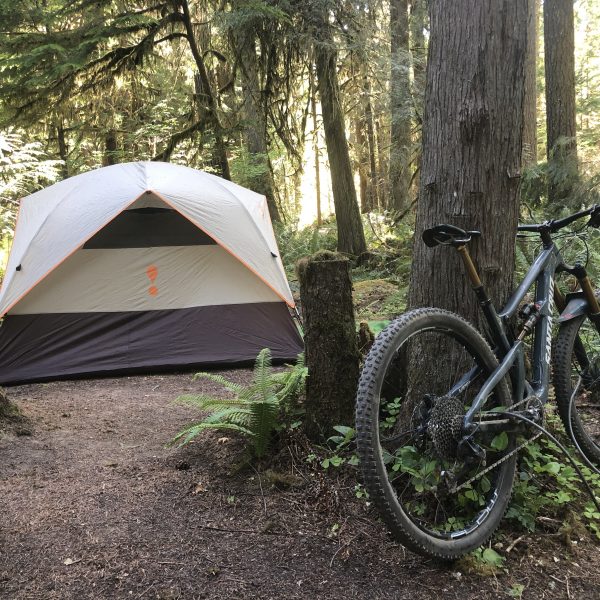
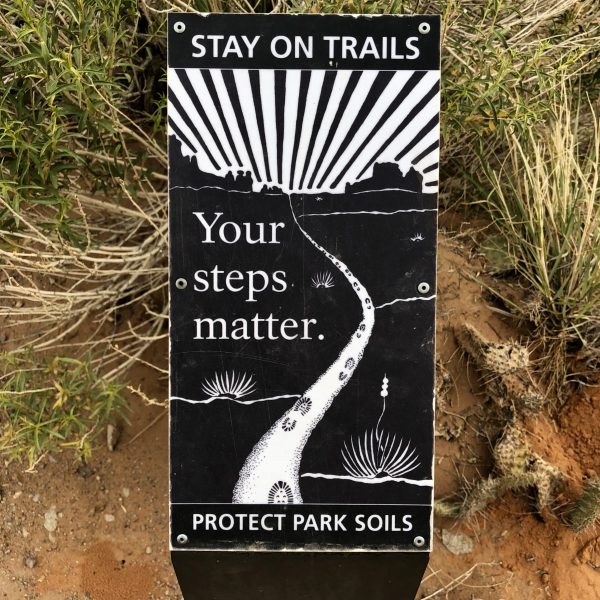
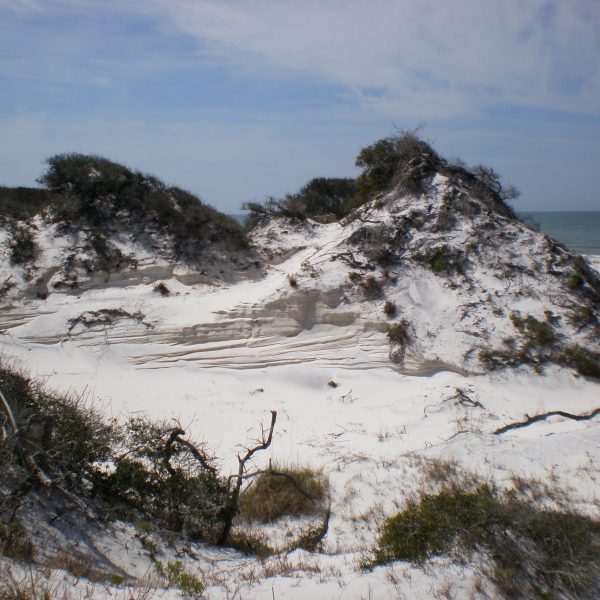
SAFETY DISCLAIMER: The activities discussed in this website are outdoor activities and, as such, have inherent risks to which participants are exposed. It is not the intent of this website, nor is it possible due to the variability of weather, terrain, equipment, and experience, to detail all of those risks. The information contained in this site is informational, but not instructive nor exhaustive. It is the sole responsibility of the user to ensure he/she is in good health, fully prepared, and fully informed as to dangers before undertaking any of the activities discussed in this website and the user does so at his/her own risk. The user understands that by using this website he/she acknowledges and accepts all risks associated with use of information from this website and participation in any particular activity addressed herein. Please see “Terms of Use” for additional information.
Want to share this article with your friends? Click on the share button below:
Want more?
Get the latest outventure updates by following us on social media . . .

